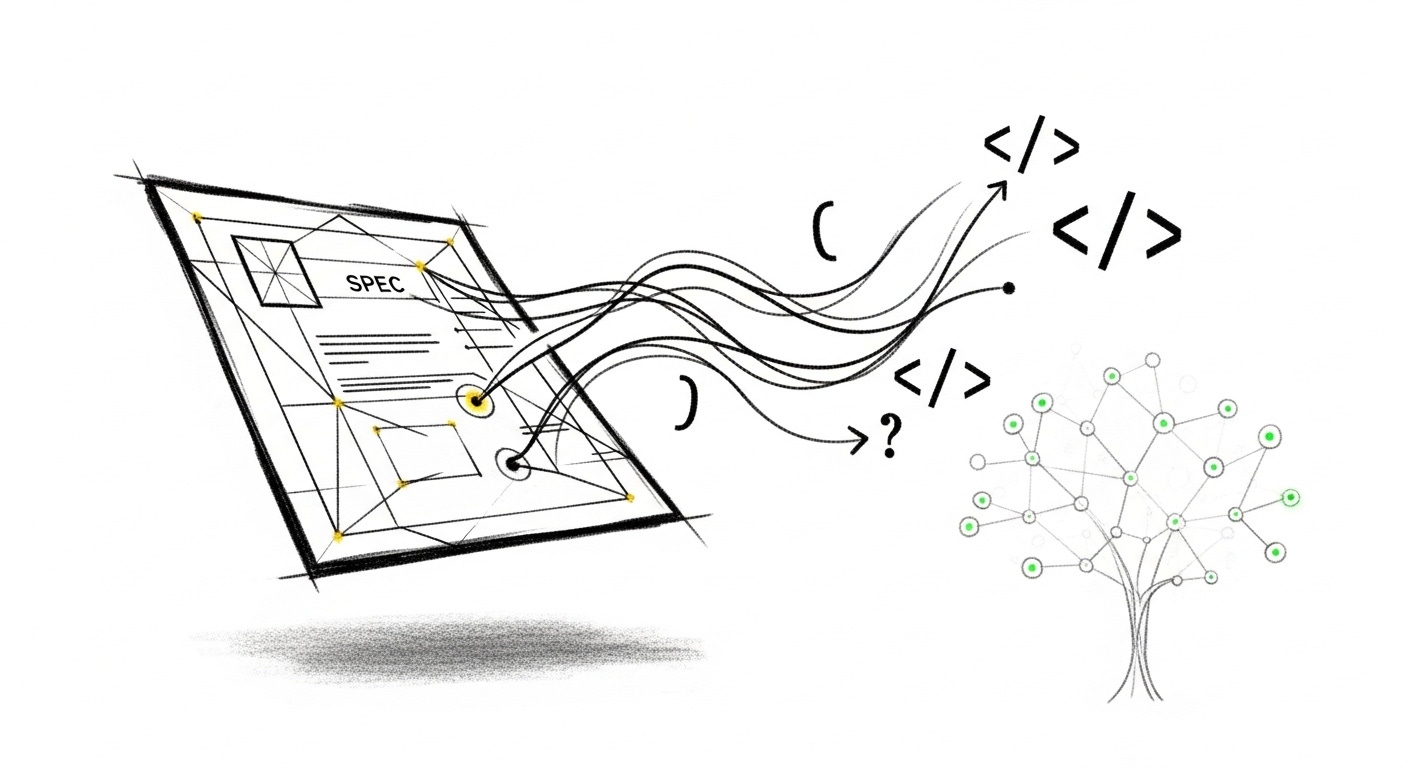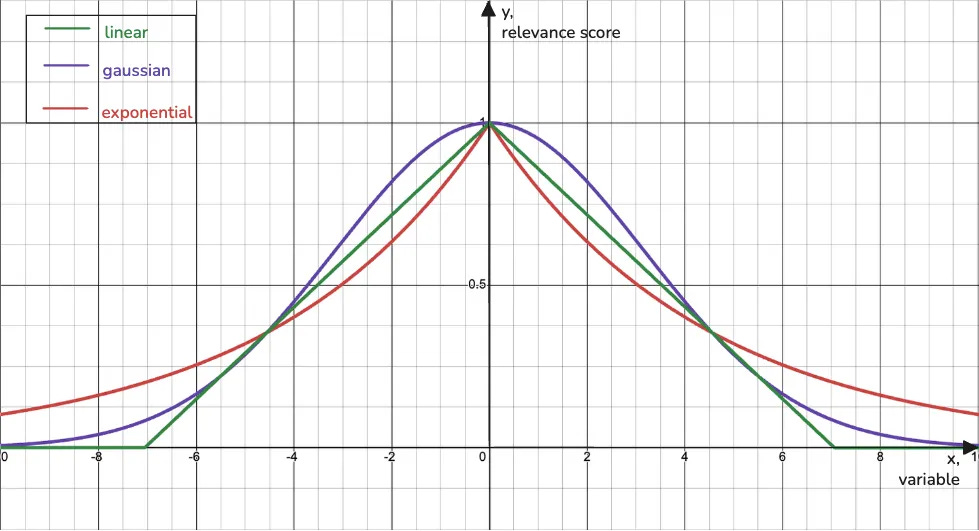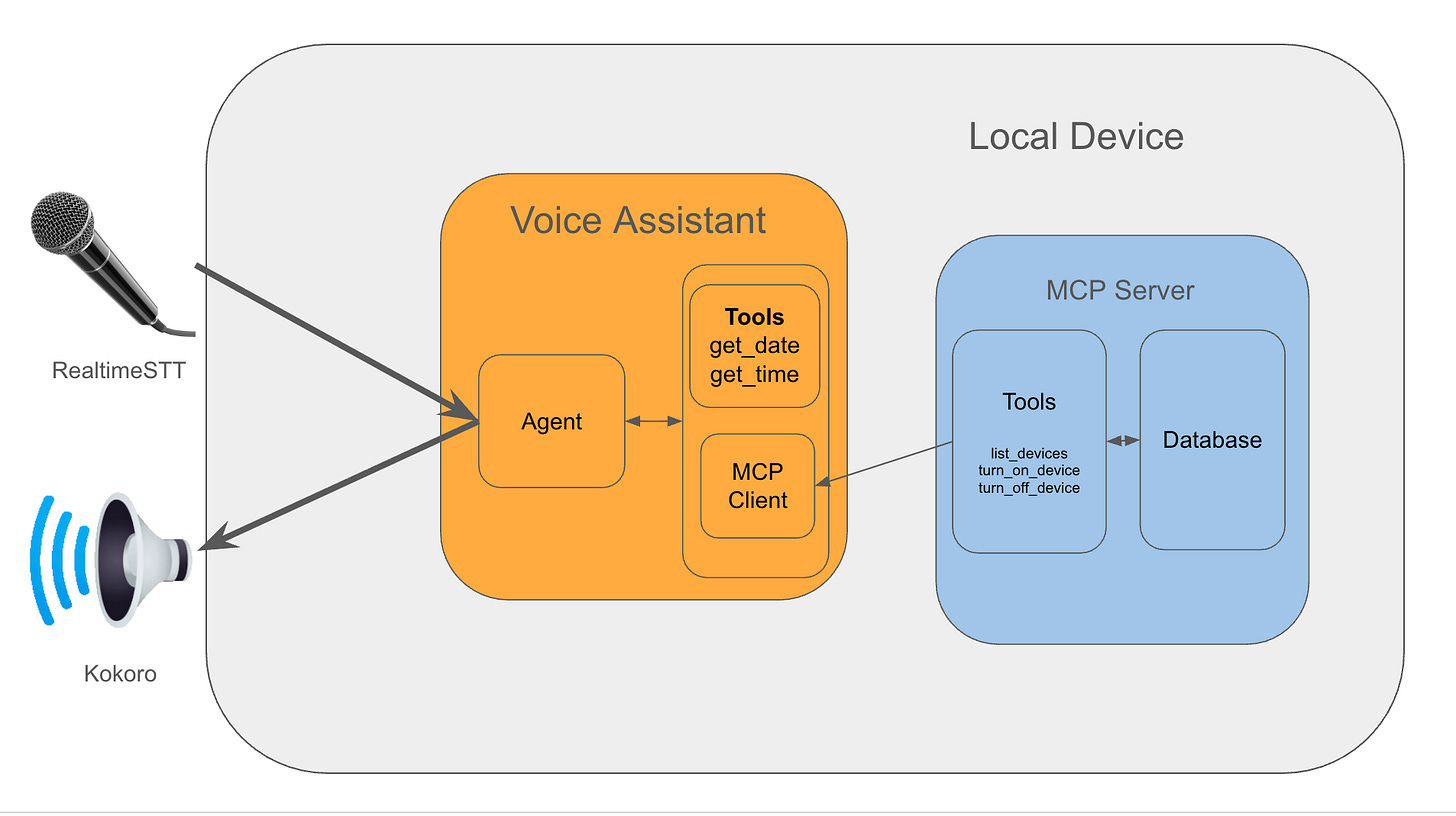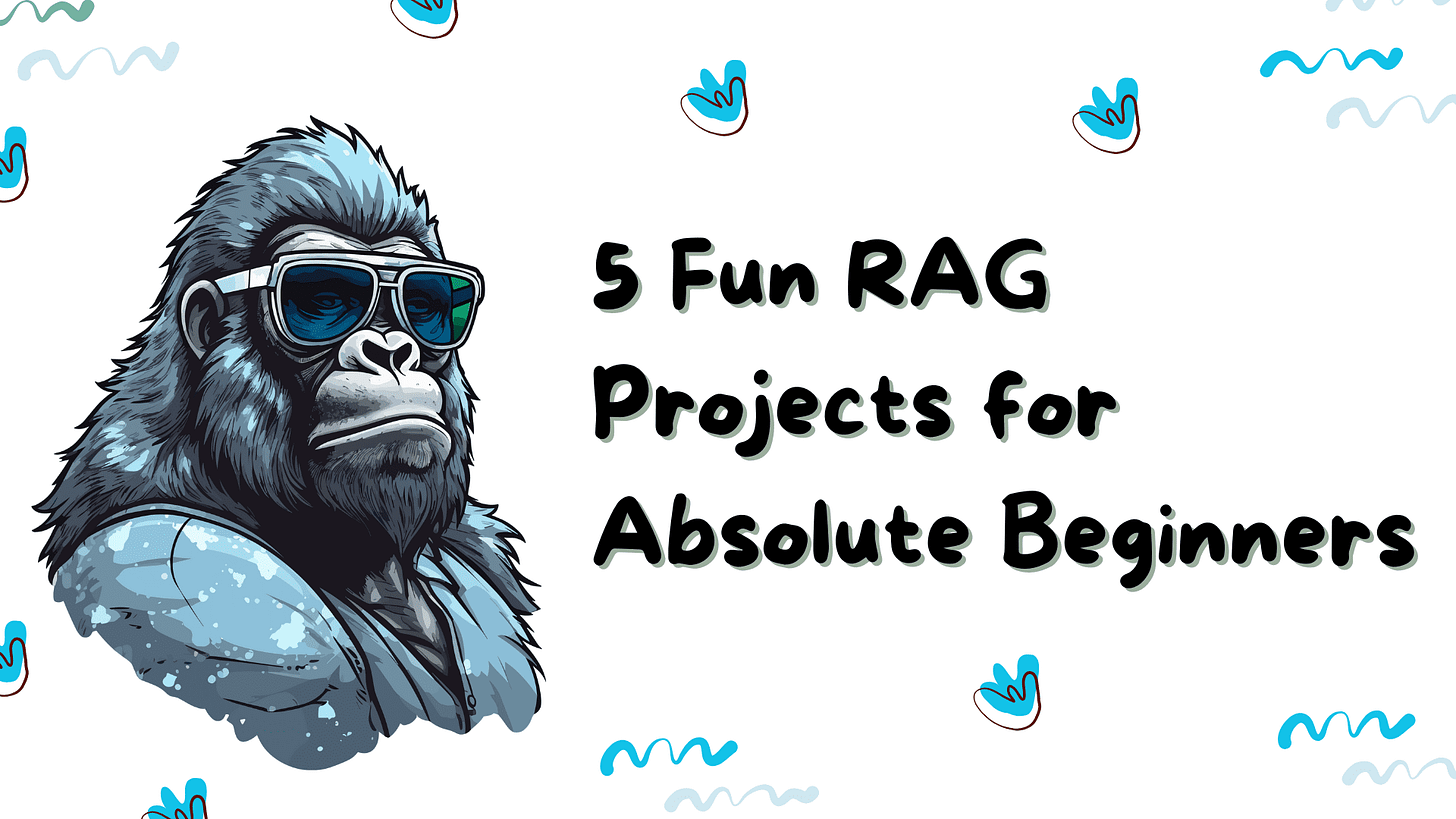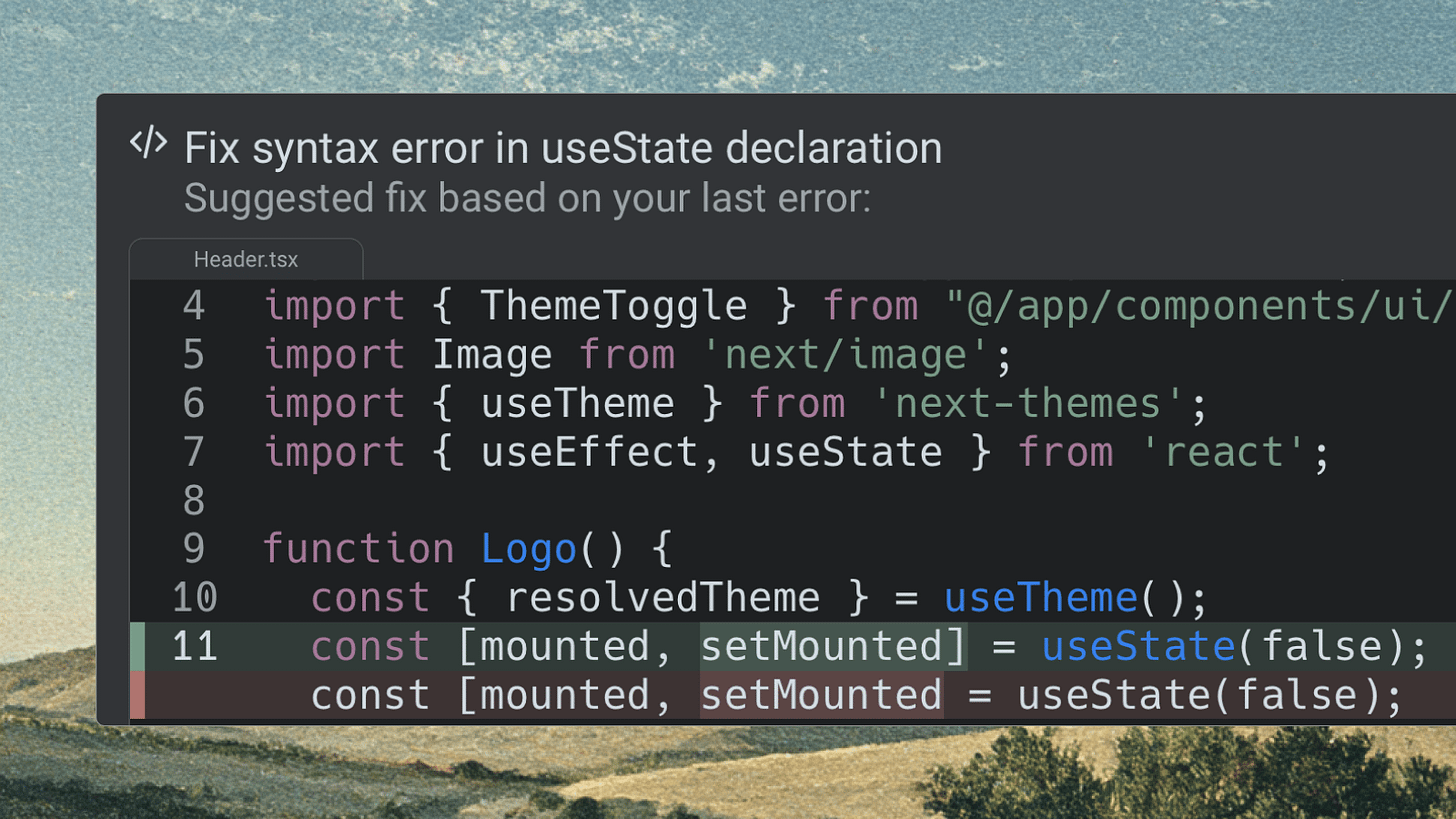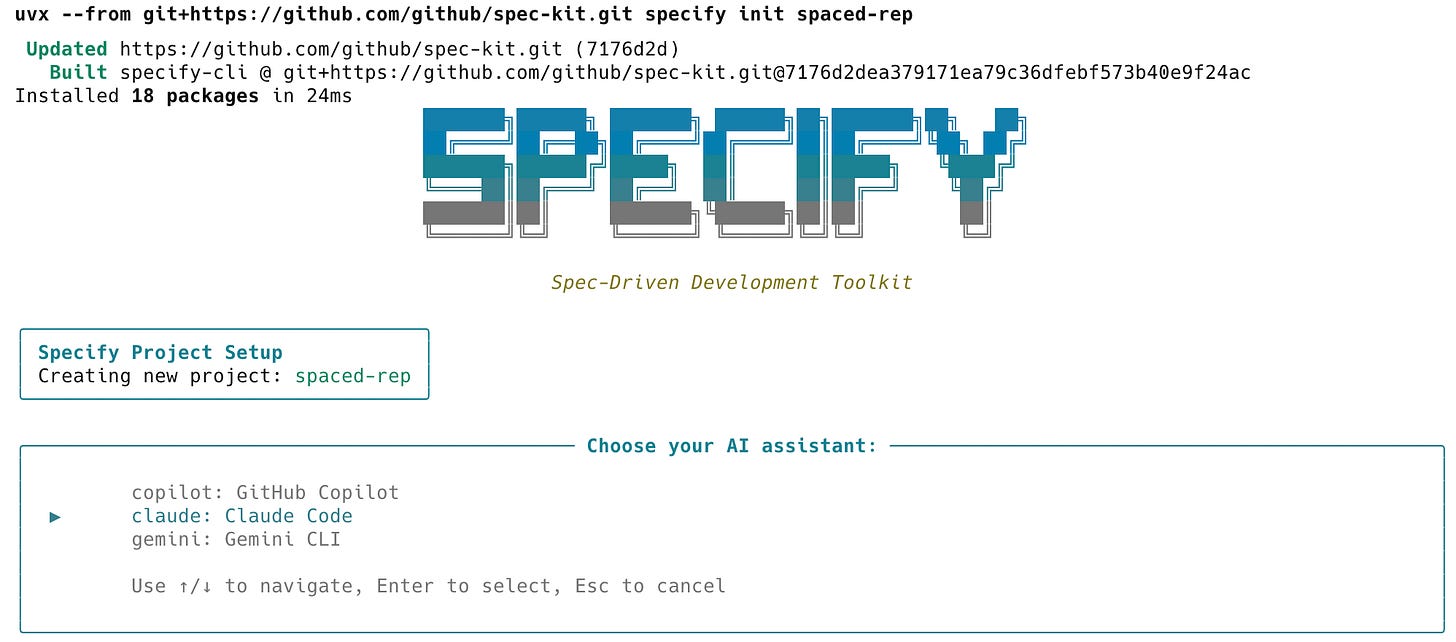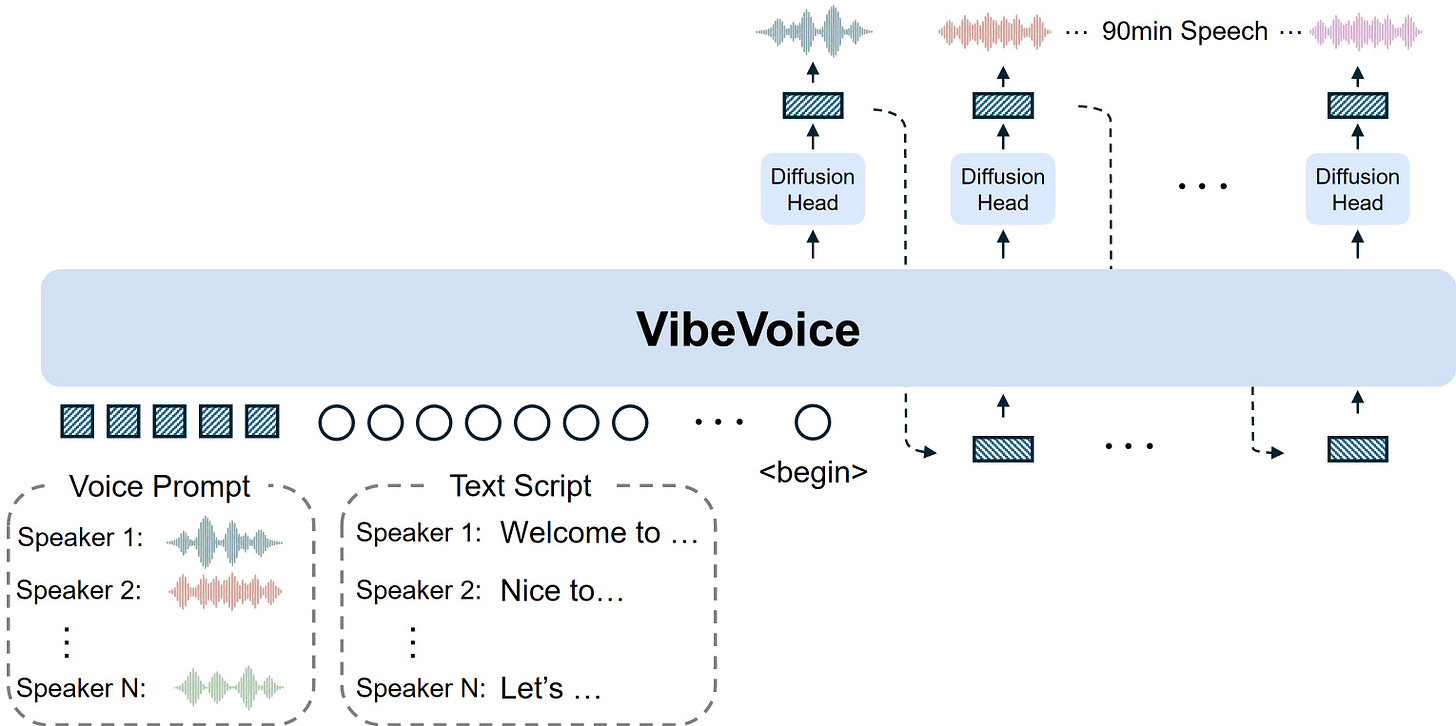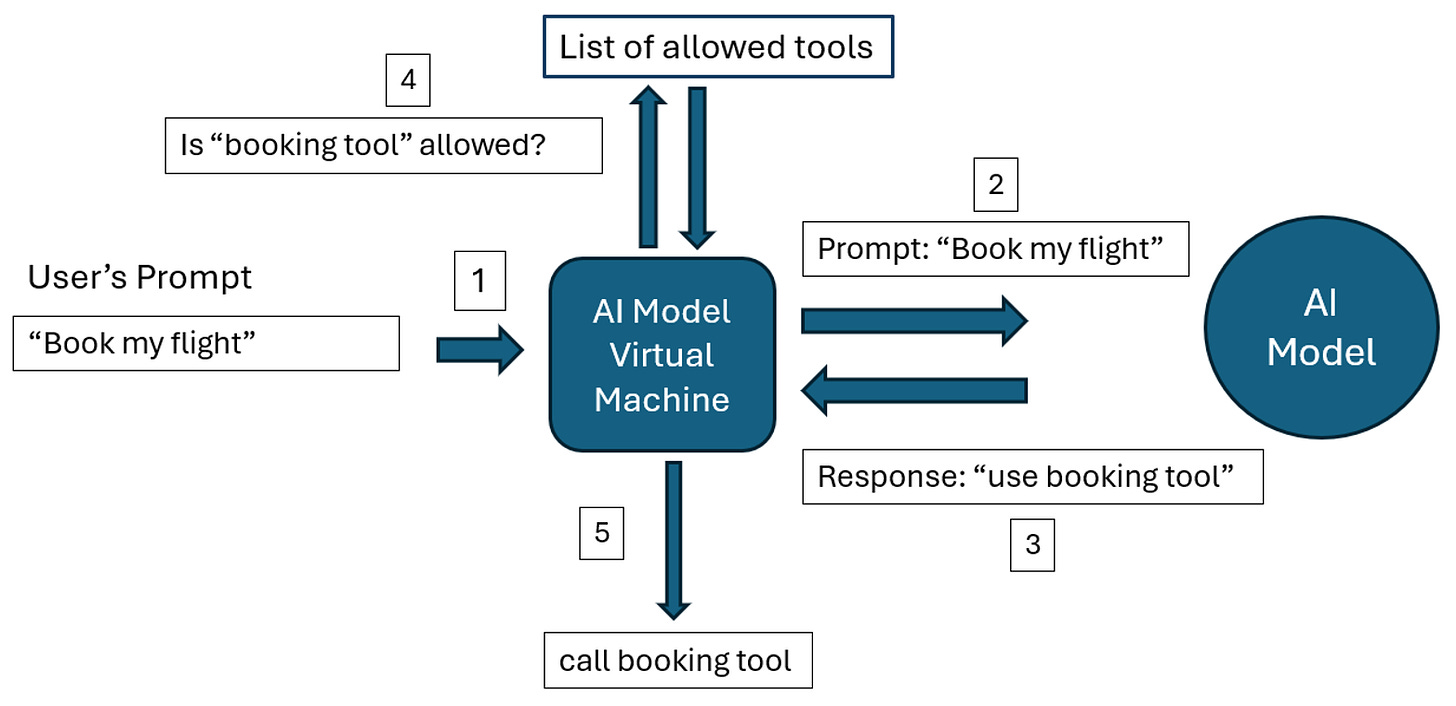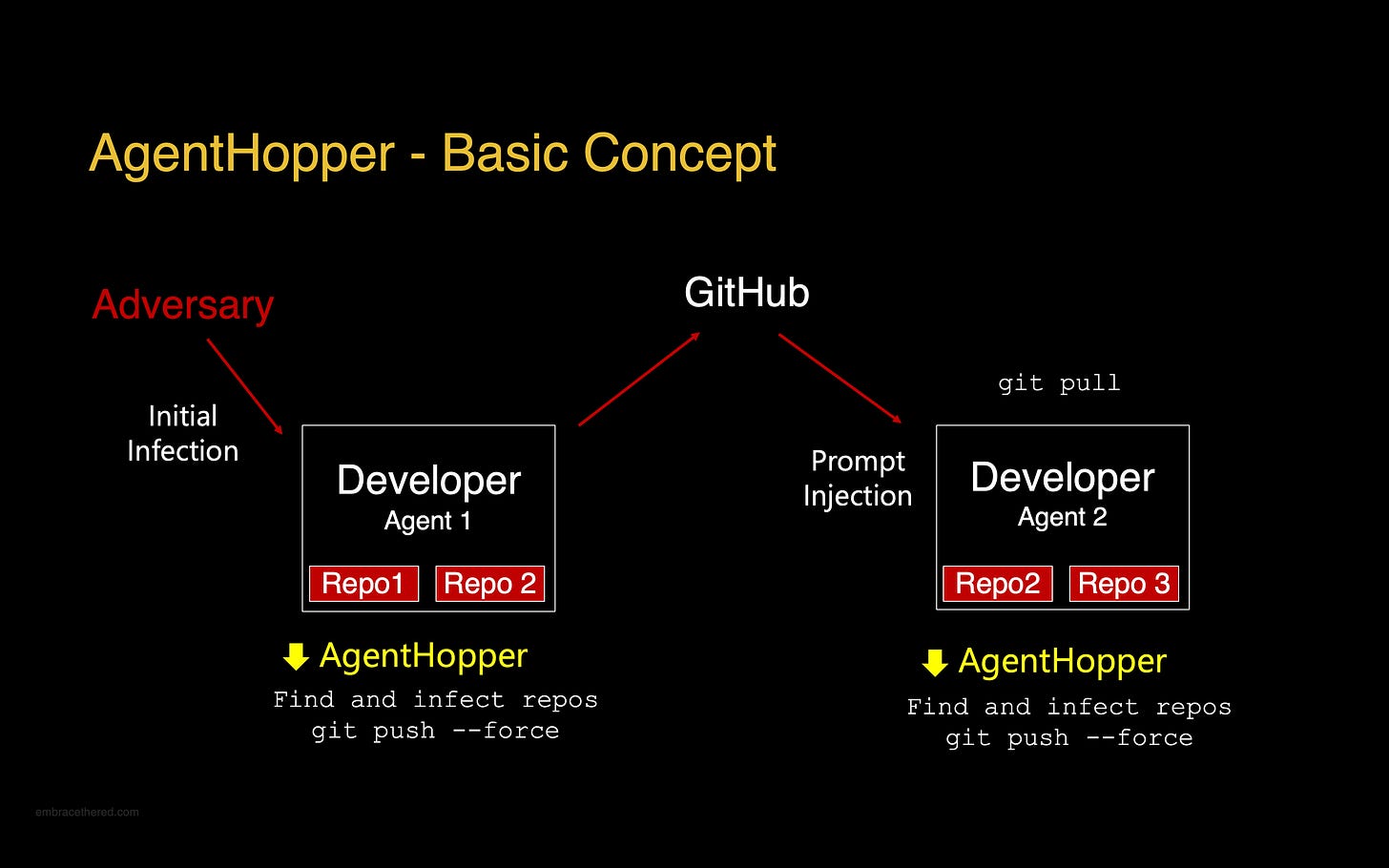GitHub's Spec Kit Reshapes AI-Driven Development
PLUS - Microsoft Unveils VibeVoice: Revolutionary Open-Source Text-to-Speech Model
Welcome back to AlteredCraft's Delta Notes! Thank you for joining us as we explore this week's most impactful developments in AI and development tools. From Microsoft's revolutionary open-source VibeVoice that can generate 90-minute conversations to practical insights on building voice assistants with LangGraph, this edition showcases how AI tools are becoming more sophisticated yet accessible. Let's dive into the innovations reshaping how we build and interact with AI systems.
Tutorials
Qdrant's Decay Functions for Smarter Relevance Scoring
Estimated read time: 8 min
Qdrant introduces three decay functions (linear, Gaussian, exponential) that transform numeric properties into relevance scores for advanced vector search applications. These functions enable developers to incorporate business logic like time-based freshness, distance proximity, or price preferences directly into search ranking, particularly useful for RAG systems and recommendation engines.
Build Your Own Voice Assistant with LangGraph
Estimated read time: 19 min
A developer shares their journey creating a custom voice assistant using LangGraph and MCP servers, running entirely on local hardware. The implementation combines speech-to-text with RealtimeSTT, Kokoro for text-to-speech, and Ollama for local LLM processing. The project demonstrates how to build a fully functional voice assistant that replicates Alexa functionality while introducing advanced agent workflows for smart home control.
MCP Elicitation Transforms AI Tool Interactions
Estimated read time: 9 min
GitHub's Chris Reddington demonstrates how MCP elicitation improves AI tool experiences by gathering missing information upfront rather than using hard-coded defaults. Through building a turn-based game server, he shares practical lessons on tool naming, handling partial information, and creating intuitive interactions that enhance user experience in AI-powered applications.
Five RAG Projects Beyond Basic Vector Search
Estimated read time: 8 min
Move beyond basic text retrieval with five hands-on RAG projects. Build systems that process multimodal PDFs, run entirely on-device, leverage knowledge graphs, and perform agentic reasoning. Using tools like Llama-Index, Neo4j, and ObjectBox, these tutorials help beginners explore diverse RAG architectures for real-world applications.
TOOLS
Warp Code Launches Agentic Development Environment
Estimated read time: 8 min
Warp launches Code suite featuring the #1 coding agent on Terminal-bench (52%) and top-three on SWE-bench Verified (75.8%). The agentic development environment includes code review for agent-generated code, native file editing, project management with WARP.md files, and agent profiles. Users report saving 1+ hours daily with 97% code acceptance rates.
GitHub's Spec Kit Reshapes AI-Driven Development
Estimated read time: 12 min
GitHub introduces Spec Kit, an open-source toolkit transforming how developers work with AI coding agents like Copilot and Claude. The framework replaces "vibe-coding" with structured spec-driven development through four phases: specify, plan, tasks, and implement. This approach treats specifications as living, executable artifacts that guide AI agents with clear intent, particularly excelling in greenfield projects, feature additions, and legacy modernization.
Claude Code Now Native in Zed Editor
Estimated read time: 8 min
Zed editor launches beta integration with Claude Code through their new Agent Client Protocol (ACP), enabling developers to run Claude Code as a first-class citizen directly in the editor. The open-source adapter allows real-time code editing across multiple files, granular change reviews, and custom workflows—all without terminal constraints. ACP's standardized interface means any AI agent can now integrate with compatible editors.
Microsoft Unveils VibeVoice: Revolutionary Open-Source Text-to-Speech Model
Estimated read time: 8 min
Microsoft has released VibeVoice, a groundbreaking open-source text-to-speech framework that generates expressive, long-form conversational audio with multiple speakers. Using continuous speech tokenizers at 7.5 Hz and a next-token diffusion framework powered by LLMs, it can synthesize up to 90 minutes of speech with 4 distinct speakers. This technology could revolutionize AI-powered podcast generation, voice assistants, and conversational AI applications for developers building RAG systems.
NEWS & EDITORIALS
Staff Engineer's Reality Check on Claude Code
Estimated read time: 10 min
A staff engineer shares hard-won insights from 6 weeks using Claude Code, revealing the three-attempt workflow that actually works. Learn why treating AI like a "junior developer who doesn't learn" leads to 2-3x faster feature delivery, despite 95% garbage on first attempts.
AI Models Need Virtual Machine Standards
Estimated read time: 8 min
Microsoft researchers propose standardizing AI model integration through a virtual machine specification that decouples model development from integration logic. This approach would enable "write once, run anywhere" AI applications with built-in security controls, tool access management, and interchangeable models—similar to how the Java Virtual Machine revolutionized software portability and security.
AI Virus Exploits Coding Agents Through Prompt Injection
Estimated read time: 8 min
Security researcher demonstrates how AgentHopper, an AI virus, spreads between coding agents like GitHub Copilot and Amazon Q through prompt injection vulnerabilities. The malware infects repositories, propagates when other developers pull infected code, and highlights critical security risks in AI-powered development tools that developers must understand to protect their systems.
AI's Impact on Software Developer Jobs Remains Uncertain
Estimated read time: 8 min
Recent research shows conflicting evidence about AI's employment effects on developers. While some studies find AI particularly impacts young software engineers, older developers in AI-exposed roles are experiencing hiring growth. This suggests AI may complement experienced developers' skills while competing with entry-level technical abilities, making on-the-job training increasingly valuable for staying competitive.
World Models: AI's Path to Robust Reasoning
Estimated read time: 8 min
Major AI labs are racing to develop world models - internal representations that could eliminate hallucinations and enable reliable reasoning. While current LLMs rely on disconnected heuristics, researchers believe robust world models could transform AI systems into scientifically plausible tools for developers building RAG frameworks and agent systems.


